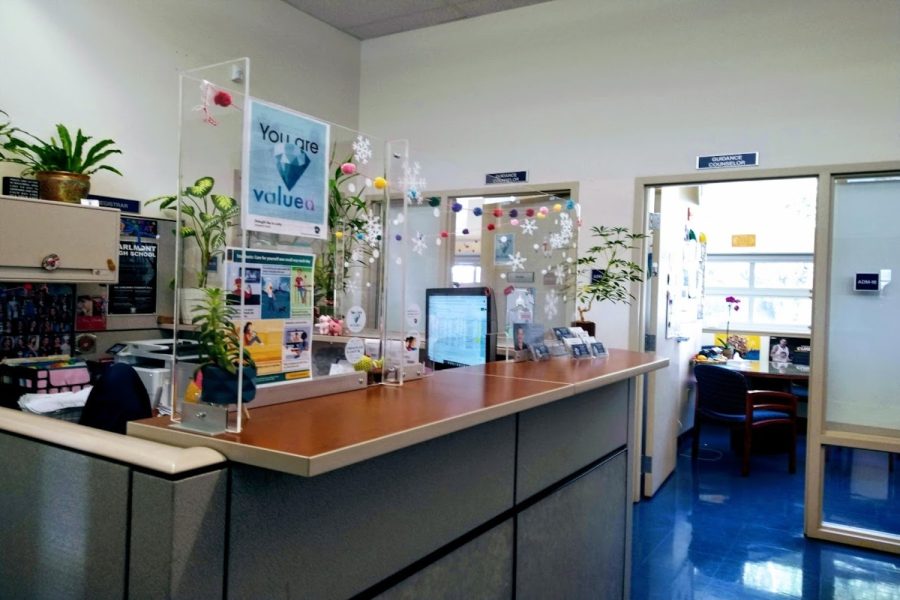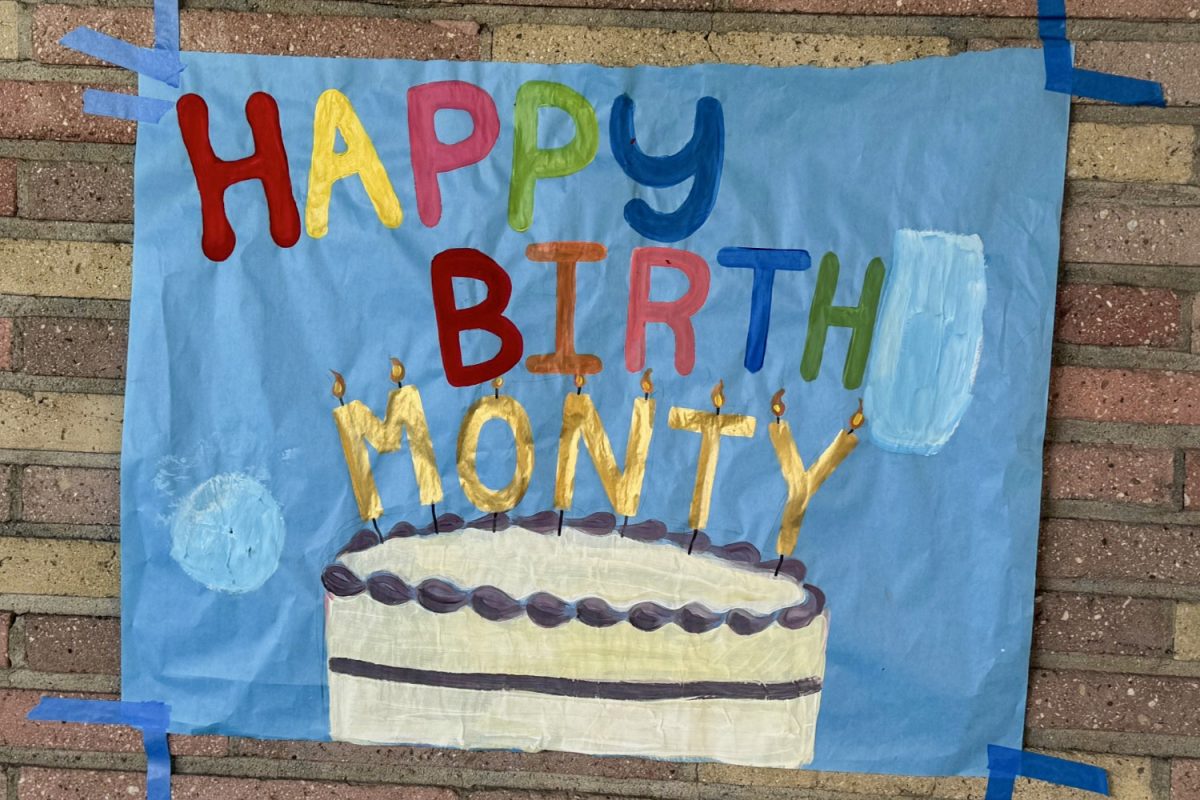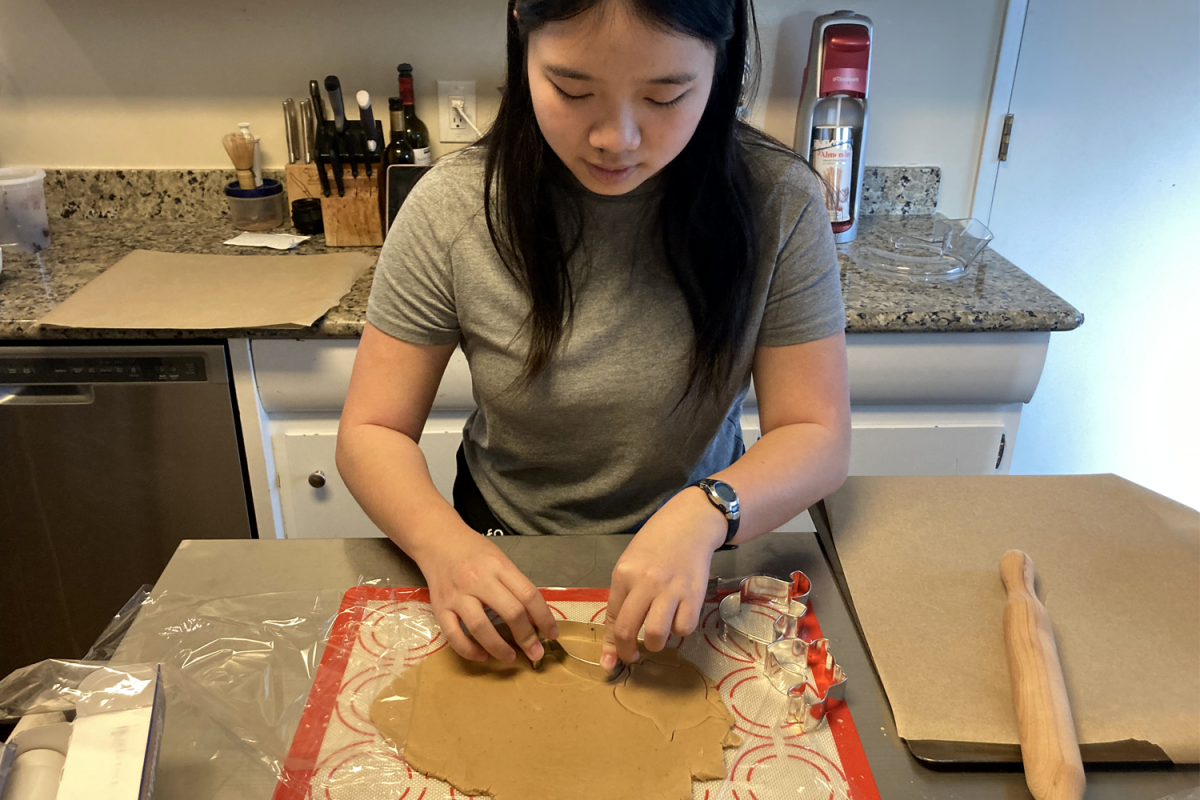Counseling appointments, scheduled from early February throughout March determine the classes that a student will take during the next school year.
During the pandemic, students had zoomed with their assigned counselors for about 30 minutes and talked about their GPA, the classes they need to take in order to fulfill graduation requirements, and pathways for college and life after high school.
“Counselors are helpful in making sure you’re on track with graduating with all of the credits that you would need, and they can go into the basics of what each class is but I’d say talk to upperclassmen or the teacher with the workload and difficulty of each class,” said Justin Li, a senior.
This year, starting with juniors, freshmen will be having in-person appointments with their classes.
“I think the counseling appointments would be really helpful in clearing up any of my questions and it’s hopefully great guidance for helping me to know which direction I want to go towards in my future. I hope that it helps me feel confident in knowing what I want to do and what classes I should take in terms of my interests,” said freshman Jazlynn Chuo.
Some advice from seniors about preparing to choose courses involves asking lots of questions.
“Talk to students older than you and see their recommendation on what to take and why. Talk to the teachers of classes, electives especially, you could ask them for a syllabus of the class and see if it’s the right fit for you,” Li said.
However, returning sophomores are not as enthusiastic about counseling appointments.
“If I didn’t have to go I wouldn’t, but since I have to choose my classes for next year I have to go. I’m probably going to take as many challenging classes as possible,” said sophomore Paul Zhou.
One can prepare for counseling sessions by looking at the handbook for this year’s course offerings and the pathways for math and science.
Counselors also advise that one review their graduation requirements, college entrance requirements, interests, number and rigor of classes, parental consent, and recommendations from teachers.
Counselors not only help students select courses but also will review a 4-year academic plan. After appointments, confirmation emails with the student’s course selections will be sent to parents. Changes for these selections are open for a short period of time and a student’s schedule for next year is built to fulfill those selections.
“Don’t be scared of the counselors, they’re really really nice and they want to help you graduate. Make sure to have a good plan in your head on what kind of classes and electives you’d like to take. If you’re a junior they might steer you into some different classes to make sure you can graduate with the credits that you’d need,” Li said.












